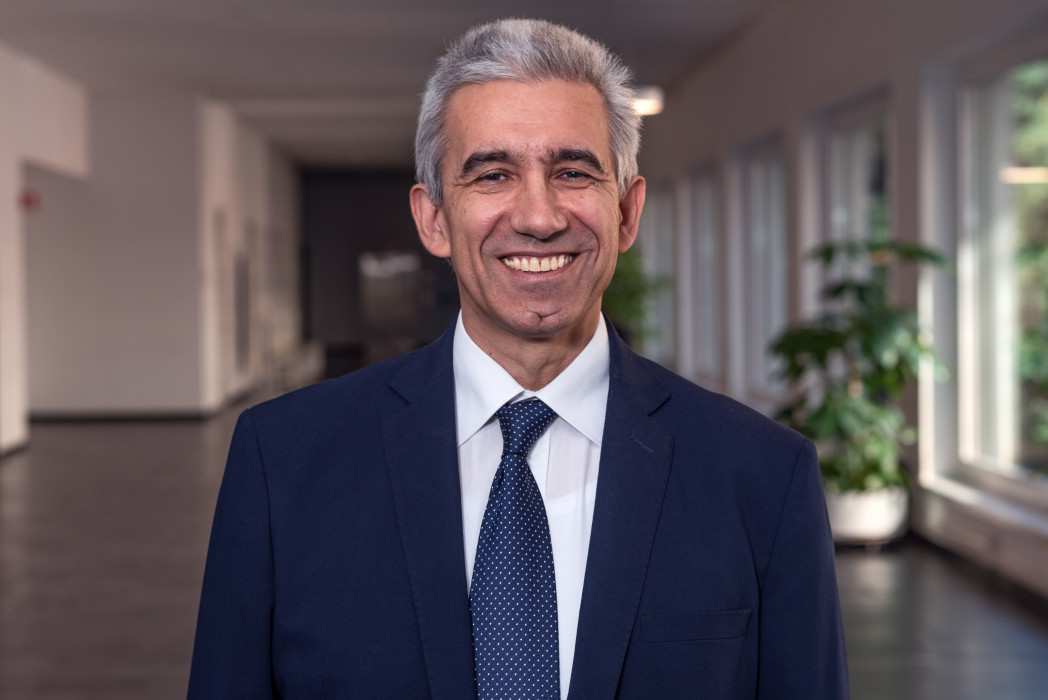Scholar GPS: Franco Cacialli Named “Highly Ranked Scholar”
By Giulia Maria Marchetti

Franco Cacialli, professor of Physics at the Faculty of Engineering at unibz, has been awarded the Highly Ranked Scholar certificate by Scholar GPS for 2022, recognizing the exceptional quality of his scientific papers on light-emitting diodes (LEDs). Scholar GPS, an online scholarly analytics platform dedicated to collecting and classifying the academic activities of researchers, grants this title to those whose work demonstrates significant impact and exceptional academic contributions, placing them among the top 0.05% of scholars worldwide in their respective fields.
Cacialli has distinguished himself through his contributions to physics, particularly with his research focused on LEDs. “I began working on this topic during my PhD in 1993, when I had the opportunity to spend a year as a visiting student in Professor Sir Richard Friend’s lab at the University of Cambridge,” he recalls. This passion has accompanied him for thirty years, leading him to study organic LEDs, known as OLEDs, shortly after their invention. Today, he is dedicated to researching their applications across various fields.
Organic LEDs are light-emitting devices that utilize organic materials to generate light when an electric current passes through them. Unlike traditional LEDs, OLEDs do not require backlighting, allowing for thinner, lighter screens and superior image quality. One of the most recent and intriguing applications of this technology is Visible Light Communication (VLC), which enables broadband data transmission through light, offering greater capacity and speed compared to traditional communication systems like Wi-Fi.
Cacialli’s recognition as a Highly Ranked Scholar is attributed to the number of his publications, their citation count, and his h-index, which reflects the productivity and scientific impact of an author.
He views this recognition as motivation for future projects. “In the coming years, I would like to focus more on the sustainability of organic electronics,” says Cacialli. “We are working on OLEDs that can be used inside the human body, for example, for the detection of specific molecules or medications. The challenge lies in making them compatible with the human body and biodegradable, so that they can be safely absorbed and degraded by the organism after fulfilling their function.”
Related people: Franco Cacialli